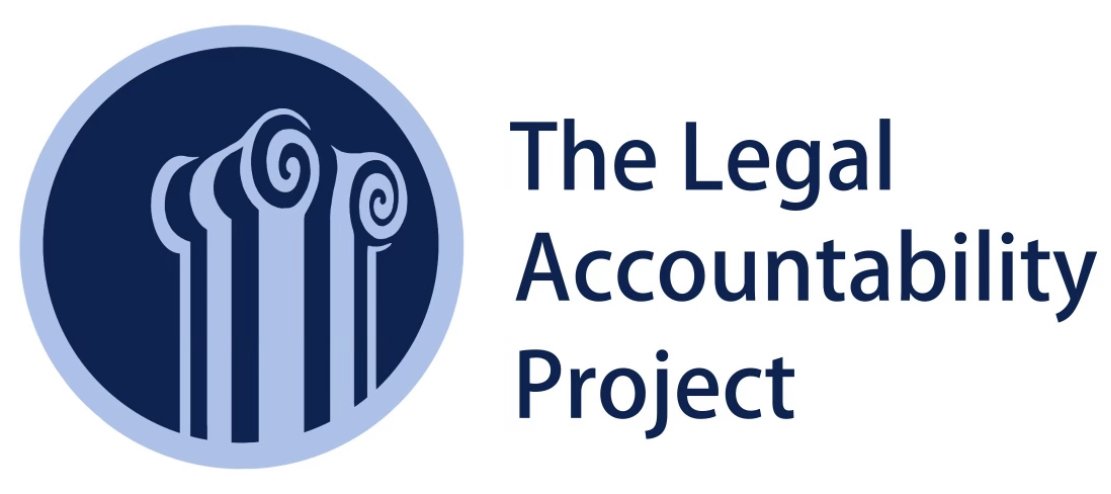It’s Clerkship Application Season, and the System Isn’t Fixed Yet
In Bloomberg Law, LAP’s President and Founder Aliza Shatzman argues that the clerkship system is broken–but change starts on law school campuses. Every law school must do better to increase transparency in the application process.
Law schools may hesitate to share negative information about judges with students – worrying it will dissuade students from clerking or sour schools’ relationships with some judges. Even when schools know judges mistreat clerks, they worry these judges will blackball their students.
Still other law schools prioritize their relationships with the judiciary over their duty to students. Some clerkship directors do not have the bandwidth to survey their alumni about their experiences. Others would rather not know about judicial misconduct.
Legislative and policy changes are necessary to ensure judicial accountability and safe work environments. But these take time.
Right now, law schools can implement reforms to increase transparency and diversity in the clerkship application process, legal profession, and judiciary. These include conducting and disseminating post-clerkship surveys and candidly sharing information about judges with students who need it. All law schools - regardless of their ranking and existing resources - can and must improve.
Considering the enormous premium the legal community places on clerkships and their outsized influence on attorneys’ future success, we owe it to the next generation of attorneys to ensure safe workplaces.
Reproduced with permission. Published June 22, 2023. Copyright 2023 Bloomberg Industry Group 800-372-1033. For further use please visit https://www.bloombergindustry.com/copyright-and-usage-guidelines-copyright/


